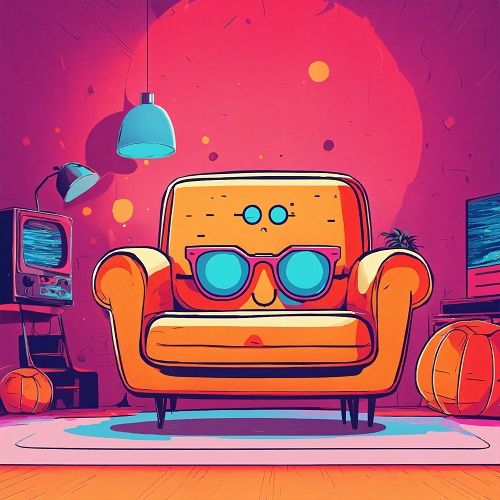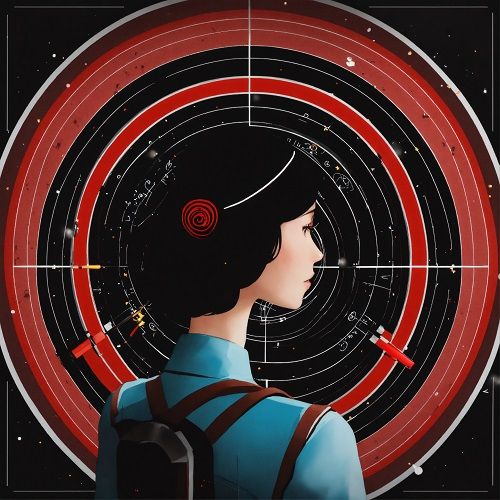AI Therapist That Is Actually Good
AI is everywhere. writing our emails, filtering our photos, even helping us shop. So it’s no surprise that AI has entered the world of mental health. But let’s be honest: most AI therapists today feel like talking to a cardboard cutout with a wifi connection.
Why People Are Hating AI Therapists
Most people who’ve tried AI-based therapy apps have the same complaint: “It doesn’t feel human.” And they’re right.
- Scripted Responses: Many apps are built like glorified chatbots. They follow scripts that quickly become predictable, shallow, or even tone-deaf.
- No Emotional Intelligence: They don’t understand sarcasm, grief, or the subtle signs of someone in distress. That’s not just annoying. it’s dangerous.
- No Real Support: When you’re spiraling or anxious, hearing "How are you feeling", "How does that make you feel" in every message from a bot that clearly doesn’t understand how to make someone feel comfortable… feels empty.
The result? People try these apps once or twice, roll their eyes, and go back to scrolling Instagram.
What Do We Actually Need?
If AI is going to play a role in mental health, it needs to do more than spit out motivational quotes or pre-written CBT tips. We need:
- Real empathy simulation: Conversations should feel natural, not robotic.
- Smarter context handling: The AI should remember your past struggles and connect the dots like a real therapist would.
- Mental health–first design: Not every issue can be solved with a journaling prompt. We need safety protocols, escalation pathways, and accountability.
- Science-backed models: The AI should be trained on clinical frameworks, not just social media advice.
We don’t want a replacement for human therapists. We want a companion that listens well, supports us daily, and knows when to recommend human help.
Meet Hannah: An AI Therapist That Actually Solves the Problem
This is where Hannah AI Therapist comes in.
Hannah isn’t just another chatbot. It was built with a singular goal: to bridge the gap between daily emotional support and clinical awareness. Here's how it's different:
- Trained on clinical data : Hannah uses real-world, evidence-based therapy models, not just pattern-matching algorithms.
- Emotionally aware : It doesn’t just respond; it understands tone, context, and even emotional shifts over time.
- Remembers your journey : Your past conversations help it support your future better, creating continuity in care.
- Knows its limits : It can detect when you might need more than just chat support and suggest real-world help.
“It actually helped me calm down.”
“It felt like someone finally understood what I was trying to say.”
Final Thoughts
AI therapists have gotten a bad rap and for good reason. But the solution isn’t to dismiss the entire category. The answer is to build better ones. More human. More aware. More helpful.
Hannah is that next step.
If you’ve been burned by soulless AI “support,” give Hannah a try. It won’t replace a therapist, but it might just be the support system you needed all along.



